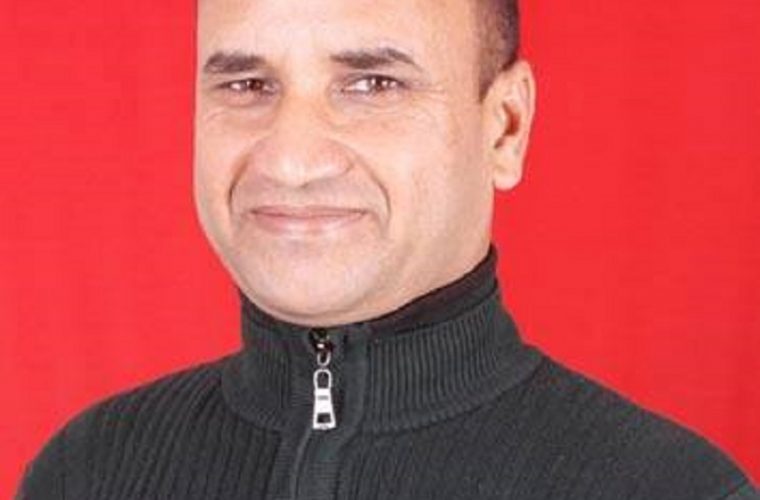-DURGA PRASAD GAUTAM
There aren’t many questions raised by the Commission for the Investigation of Abuse of Authority’s (CIAA) recommendation to the Ministry of Home Affairs to stop political meddling in the security agencies. The appointment of the Inspector General of Police (IGP), as well as transfers, promotions, and hiring of police officers, has long been largely dictated by the whims of the home minister or the prime minister, especially since the advent of multi-party democracy in 1990. Since political, social, and financial connections have increasingly come to determine how and where police personnel might work in the future, there has been a negative impact on the morale and integrity of the police force. Therefore, the ministry would be prudent to accept the anti-graft body’s recommendation to alter the current legislation in order to establish the required criteria to stop political meddling in the security services. The adoption of such a standard ought to aid the security agencies under the Home Ministry in their efforts to “seek policy and procedural reforms to enhance police professionalism, investigative efficiency, and morale.”
Politics now intrudes in every area, including the selection of envoys as well as security, infrastructure development, and the provision of healthcare and education. Despite several attempts throughout the years, the parties have been unable to meddle with the Nepal Army, which continues to be their sole stronghold.
It is generally known that the parties have a habit of appointing close allies to important positions in the police force. However, it doesn’t appear that any political party is concerned about how this undermines the police force’s morale and integrity, which are crucial for preserving national security.
When two IGPs were appointed in 1996 as a result of frequent changes in administration, the rot in the police force officially began. Later, political meddling led to the auctioning of several positions.
In the police force, there is a lot of anger, especially among those who lack the financial resources or political connections to have their promotions and transfers influenced. The hundreds of police officers who have abruptly resigned in recent years do not bode well for the police force’s future. It is regrettable that high-ranking officials, such as deputy inspector generals, superintendents, and deputy superintendents of police, who have years of experience upholding law and order in the nation, joined those resignations, even if the majority of them came from constables.
While it is true that police officers do not earn nice wages, the majority of senior officers leave the force because they feel that they were passed over for promotions in favor of rookie officers due to claimed influences of money, power, and nepotism. To increase the effectiveness of the force and prepare it to meet the challenges of the twenty-first century, the Home Ministry should be working on policy changes. This is only possible if there is no excessive political meddling with the security bodies and a conducive climate for them to take advantage of career development possibilities in a free and impartial way.
Managing the cold
The wealthy who can afford thick clothing, shoes, and heated homes may find the winters in the Tarai region to be comfortable. However, it is a nightmare for those families that reside in thatched huts and do not have adequate blankets and clothing to shield themselves from the bitter cold, especially when the cold wave begins, typically in the second week of January and lasts for at least two weeks, in the Tarai region. Pneumonia, the seasonal flu, and other cold-related illnesses cause a lot of children and elderly individuals from low-income families to pass away throughout the winter.
According to a report from Saptari, Dalit Dom families are having a hard time adjusting to the cold. The village is already having a difficult time surviving the harsh winter, despite the fact that the year’s cold wave has not yet reached the plain region. They seldom receive enough help from the local levels to remain warm throughout the winter. Members of the Dom community claim that no organization has offered them assistance to keep them safe over the winter. In order to help people stay safe over the winter, local authorities, nonprofit organizations, and charitable levels must step up.
( Principal at Arya Academy Secondary school, subhakamanaTole ,Sitapailaa, Ktm)





